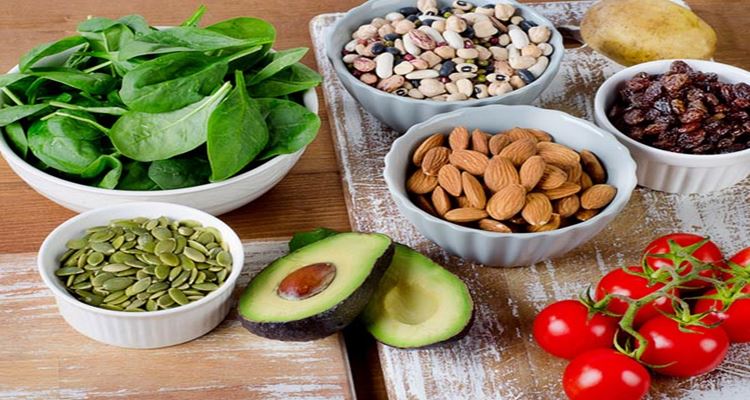What is the potassium normal value? Find it out here!
POTASSIUM NORMAL VALUE – This is the normal level of potassium and how much potassium should a person consiume according to age group.
Leafy greens, fruits, vegetables, and citrus fruits are just some of the rich sources of potassium.

Below is the recommended amount of potassium a person must consume according to age and gender:
| AGE | MALE (per day) | FEMALE (per day) |
| Adults (ages 19 years and older) | 3,400 mg | 2,600 mg |
| Teens ages 14 to 18 years old | 3,000 mg | 2,300 mg |
| Children ages 9 to 13 years old | 2,500 mg | 2,300 mg |
| Children ages 4 to 8 old | 2,300 mg | 2,300 mg |
| Children ages 1 to 3 years old | 2,000 mg | 2,000 mg |
| Babies ages 7 to 12 months | 860 mg | 860 mg |
| Birth to 6 months | 400 mg | 400 mg |
Potassium is notably among the most essential nutrients that the body needs. For one, it is essential to improve the bone health. It prevents osteoporosis and strengthens bones.
It can also help lower and manage high blood pressure which eventually prevents conditions associated with this like stroke, heart disease, and heart failure.
Now, what is the safe and normal level of potassium?
According to a post from Mayo Clinic, a safe and normal level is 3.6 to 5.2 millimoles per liter (mmol/L).
When it is less than 2.5 mmol/L, this is a life-threatening condition called hypokalemia. This is dangerous and it needs immediate medical help.
Meanwhile, if it is higher than 5.5 mmol/L or hyperkalemia, this is as well dangerous and may even lead to heart problems.
If you have a hyperkalemia, you must have a low-potassium diet and these are the foods you must avoid:
- Asparagus
- Avocados
- Bananas
- Citrus fruits and juices, such as oranges and grapefruit
- Cooked spinach
- Melons like honeydew and cantaloupe
- Nectarines
- Potatoes
- Prunes, raisins and other dried fruits
- Pumpkin and winter squash
- Salt substitutes that contain potassium
- Tomatoes and tomato-based products like sauces and ketchup
And if you have a hypokalemia, the above-stated foods are the ones you should include in your diet.
READ ALSO:
- Respiratory System Parts – Different Parts Of A Respiratory System
- How To Lose Weight In 7 Days? Is This Possible?
What can you say about this? Let us know!

